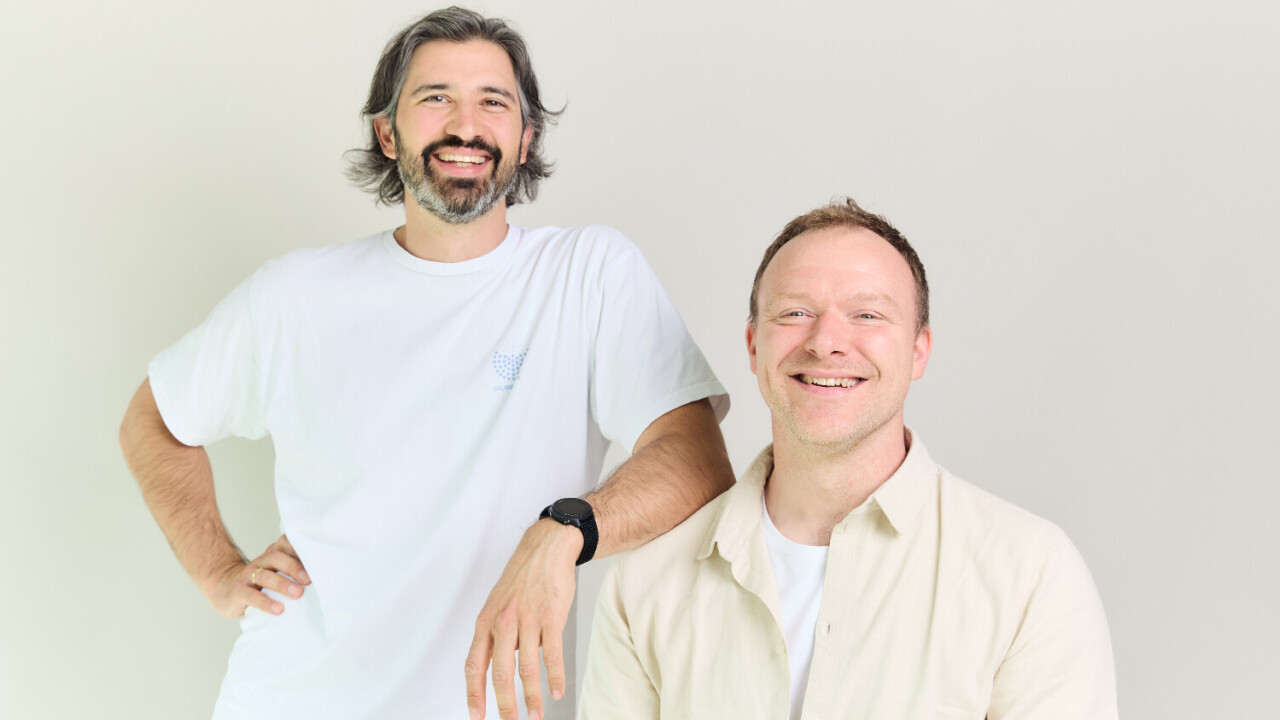
Danish startup Again has raised money… again. Google Ventures and Berlin-based HV Capital led the $43mn funding round, which brings the startup’s total to date to just shy of $100mn.
Again takes waste CO₂ from industry, combines it with hydrogen and then feeds the concoction to a host of millennia-old bacteria. The little germs devour the brew, turning it into commercial-grade compounds like acetate. This is the base chemical in everything from plastics and cosmetics to paint.
Again spun out from over a decade of research led by Dr. Torbjørn Jensen (pictured right) and Professor Alex Nielsen at the Danish Technical University, Stanford, and MIT. Former German early-stage investor Max Kufner (pictured left) completes the founding team, which together launched the Copenhagen-based startup in 2021.

Again is hush-hush about the name of its “microscopic crusader,” but it’s bullish on its potential. The company claims its CO₂ fermenter can cut the greenhouse gas emissions of chemical-making by up to 80%.
“Whilst other companies are struggling to make carbon capture scaleable, we have the means to not only capture waste CO₂ but turn it into useful products to fully decarbonise the supply chain,” said Jensen.
The petrochemical industry is responsible for 4% of the world’s total GHG emissions, so Again’s tech could make a huge impact. The company also claims its product is cost-competitive with the same chemicals made using fossil fuels.
Again already operates a plant in Denmark, which converts up to one tonne of CO₂ into acetate each day. The facility is located at an industrial wastewater treatment plant which produces large quantities of the potent greenhouse gas.
Armed with fresh funding, Again is looking to locate its bioreactor at sources of waste CO₂ across Europe. These machines will produce acetate as well as other valuable chemicals.
Get the TNW newsletter
Get the most important tech news in your inbox each week.





